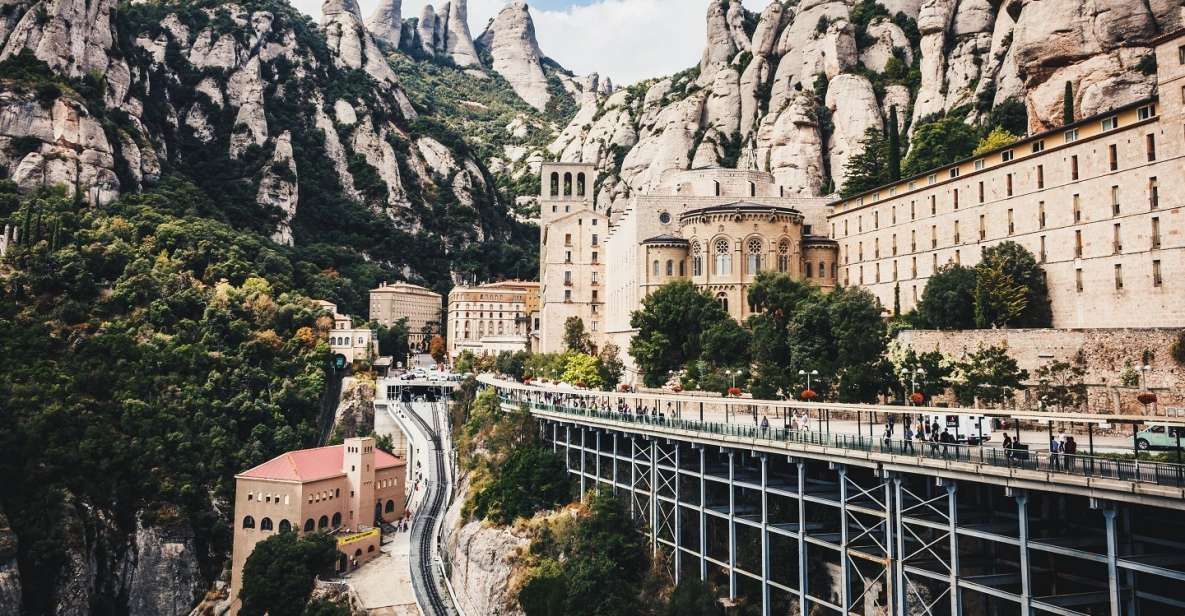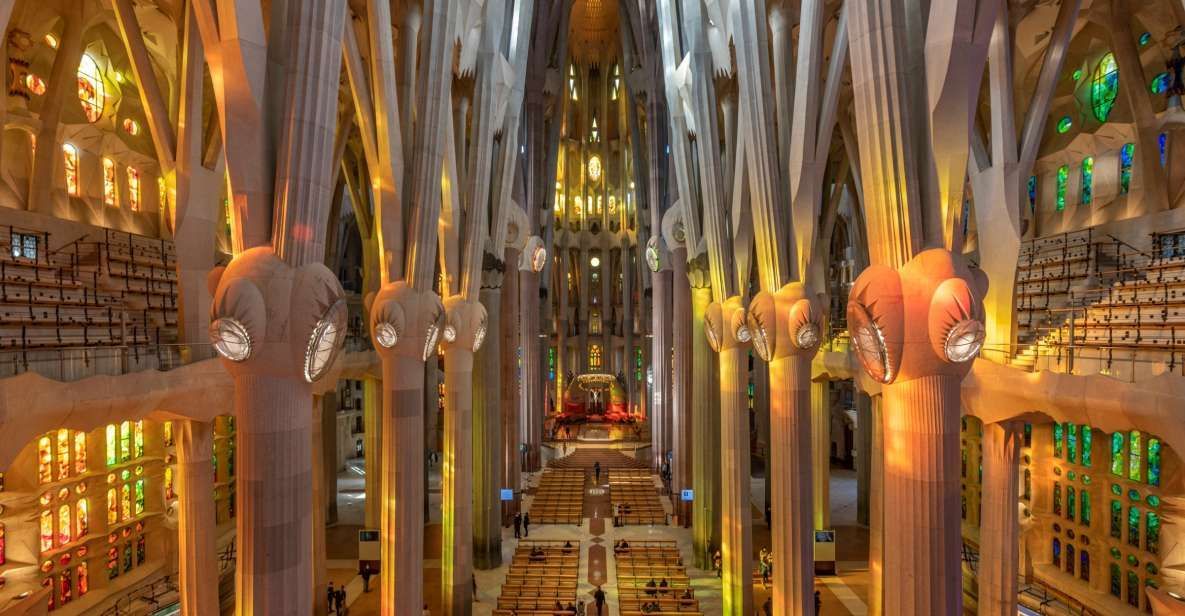🌆 Explore Cities & Regions In Equatorial Guinea
How to Experience Equatorial Guinea: Top Destinations and Reasons to Go
Nestled on the west coast of Central Africa, Equatorial Guinea is a country brimming with natural beauty, cultural diversity, and a rich history waiting to be explored. Often overshadowed by its larger neighbors, this small nation offers a unique blend of lush rainforests, pristine beaches, and vibrant cities. Whether you're an intrepid traveler or seeking off-the-beaten-path destinations, Equatorial Guinea promises a wealth of hidden gems and unforgettable experiences. Let's delve into the top attractions, activities, best times to visit, cities of interest, and what to expect in terms of food, nightlife, and culture.
Top Attractions and Hidden Gems
Bioko Island
Home to the capital city Malabo, Bioko Island is a gateway to Equatorial Guinea's natural and cultural treasures. Explore the lush rainforests of Pico Basilé, the highest peak in the country, or relax on the black sand beaches of Arena Blanca. Don't miss the stunning views from Luba, a coastal town offering a glimpse into local life and fishing traditions.
Bata
Located on the mainland, Bata is the largest city in Equatorial Guinea and a hub of commerce and culture. Visit the Cathedral of Bata, known for its striking architecture, and explore local markets where you can sample fresh produce and traditional crafts. The nearby Monte Alén National Park offers hiking trails through dense forests teeming with wildlife.
Annobón
Known as the "Pearl of the Atlantic," Annobón is a remote island paradise. Discover pristine beaches, coral reefs perfect for diving and snorkeling, and volcanic landscapes. Experience the island's unique Afro-Portuguese culture through traditional dances, music, and cuisine influenced by its historical ties.
Moca Valley
For nature enthusiasts, Moca Valley in Rio Muni offers a serene retreat. Trek through tropical rainforests, encounter rare bird species, and witness cascading waterfalls. The valley is also home to traditional Fang villages where you can learn about local customs and traditions.
Corisco Island
Explore the tranquil waters surrounding Corisco Island, located near the Gabonese border. This secluded paradise boasts pristine beaches, mangrove forests, and opportunities for birdwatching and kayaking. Experience the island's laid-back atmosphere and enjoy fresh seafood served by friendly locals.
Activities and Experiences
Guided Tours
Embark on guided tours to uncover Equatorial Guinea's hidden gems and cultural heritage. From city tours of Malabo and Bata to adventurous excursions in national parks and remote islands, knowledgeable guides provide insights into the country's diverse landscapes and communities.
Wildlife Watching
Equatorial Guinea's biodiversity is astounding. Join wildlife tours to spot rare species such as drill monkeys, forest elephants, and marine turtles. Monte Alén National Park and the beaches of Annobón and Corisco Island offer excellent opportunities for wildlife enthusiasts.
Water Sports
With its pristine coastline, Equatorial Guinea invites visitors to indulge in water sports activities. Dive into crystal-clear waters to explore vibrant coral reefs, go fishing with local fishermen, or simply relax on secluded beaches surrounded by lush vegetation.
Cultural Immersion
Immerse yourself in Equatorial Guinea's rich cultural tapestry. Attend traditional festivals celebrating music, dance, and local cuisine. Visit craft markets to purchase handmade souvenirs and interact with artisans preserving centuries-old techniques.
Hiking and Eco-Tours
Embark on eco-friendly tours to discover Equatorial Guinea's diverse ecosystems. Hike through rainforests in search of endemic flora and fauna, explore volcanic landscapes, and learn about conservation efforts aimed at preserving the country's natural heritage.
Best Time to Visit
The best time to visit Equatorial Guinea is during the dry season, from December to February and July to September. During these months, the weather is generally pleasant with lower humidity levels, making it ideal for outdoor activities and sightseeing. Keep in mind that the country experiences a tropical climate, so expect occasional rain showers and humid conditions year-round.
Cities of Interest
Malabo
As the capital city, Malabo offers a blend of colonial architecture, bustling markets, and scenic waterfront views. Visit the Presidential Palace, explore the lively Plaza de la Independencia, and sample local delicacies at restaurants serving fresh seafood and Afro-Spanish cuisine.
Bata
Bata is a vibrant city known for its cultural diversity and lively atmosphere. Explore the city's historic landmarks, such as the Bata Cathedral and Cultural Center, and experience the local nightlife scene with live music venues and traditional dance performances.
Luba
Located on Bioko Island, Luba is a charming coastal town known for its relaxed ambiance and picturesque beaches. Visit the Luba Crater Scientific Reserve, stroll along the Malecón de Luba promenade, and interact with friendly locals eager to share their island's natural beauty and heritage.
What to Expect: Food, Nightlife, and Culture
Food
Equatorial Guinea's cuisine reflects its diverse cultural influences, combining traditional African flavors with Spanish and Portuguese culinary techniques. Sample dishes like chicken Muamba (a spicy stew), grilled fish with plantains, and cassava-based dishes. Don't miss trying tropical fruits like mangoes, papayas, and bananas, which are abundant throughout the country.
Nightlife
While Equatorial Guinea is not widely known for its nightlife, major cities like Malabo and Bata offer a range of bars, clubs, and live music venues. Enjoy traditional African rhythms mixed with contemporary beats, or relax at waterfront lounges with stunning views of the Atlantic Ocean.
Culture
Equatorial Guinea's cultural heritage is diverse and vibrant. Experience traditional Fang and Bubi music and dance performances, attend colorful festivals celebrating harvests and religious events, and explore art galleries showcasing local talent. The country's cultural identity is deeply rooted in its indigenous traditions and colonial history, offering visitors a unique glimpse into West African culture.
Conclusion
Equatorial Guinea invites travelers to explore its hidden gems, from lush rainforests and pristine beaches to vibrant cities brimming with culture and history. Whether you're drawn to wildlife encounters in national parks, cultural immersion through music and dance, or simply seeking relaxation on secluded islands, this small nation offers a wealth of experiences waiting to be discovered. Plan your journey to Equatorial Guinea and embark on an unforgettable adventure into the heart of West Africa's best-kept secret.



